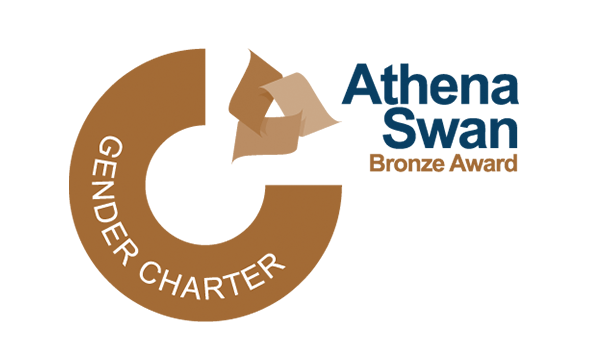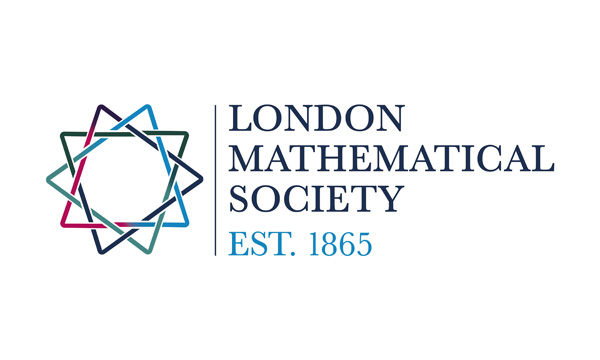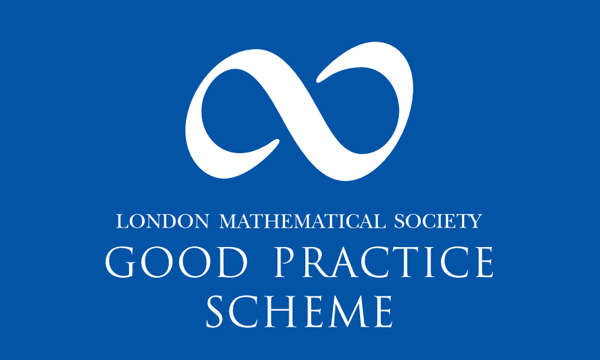Words in finite and profinite groups
Monday 16th September 2019, University of Lincoln Local organiser: Anitha Thillaisundaram
This is the ninth meeting of the Research Group Functor Categories for Groups (FCG). This meeting shall focus on a natural object in group theory: words. Several classical topics that are closely linked to the study of words are varieties of groups and group laws. Words also give rise to the concept of a verbal subgroup, and is important in the study of group laws. The study of words has made significant contributions to our understanding of finite groups as well as profinite groups, as seen for example, by the influential theorem of Segal and Nikolov, that a finite index subgroup of a finitely generated profinite group is open.
All talks will be held in room JUN0001 of the Junxion Building at the University of Lincoln. The timetable is as follows:
- 1:15-2:15pm: Dan Segal (University of Oxford), Words and profinite groups
- 2:20-3:20pm: Marialaura Noce (University of Salerno and University of the Basque Country), Engel conditions in groups of automorphisms of rooted trees
- 3:20-3:50pm: Tea and coffee
- 3:50-4:50pm: Evgeny Khukhro (University of Lincoln), Words and pro nilpotent subgroups in profinite groups
Abstracts
Dan Segal (University of Oxford), Words and profinite groups
In the last 20 years there has been an upsurge of interest in the study of word values in groups. This is largely due their usefulness in the context of profinite groups: because the set of values of a word in such a group is compact, one can use algebraic information about word mappings to get a handle on the topology of the group.
I will sketch some of the recent history, including applications to "Serre's problem" on finite-index subgroups, and some new applications to the model theory of profinite groups.
Marialaura Noce (University of Salerno and University of the Basque Country), Engel conditions in groups of automorphisms of rooted trees
Groups of automorphisms of d-adic rooted trees (Aut Td for short) have been studied for years as an important source of groups with interesting properties. For example, many of their subgroups constitute a counterexample to the General Burnside Problem. The question whether every Engel group is locally nilpotent is the analogue of the General Burnside Problem in the realm of Engel groups.
In this talk we survey recent results about Engel conditions in some general families of groups of automorphisms of rooted trees.
This is joint work with G.A. Fernández-Alcober, A. Garreta, A. Tortora and G. Tracey.
Evgeny Khukhro (University of Lincoln), Words and pro nilpotent subgroups in profinite groups
The results of this talk are joint work with Pavel Shumyatsky.
Theorem. Let w be a multi-linear commutator word, that is, a commutator of weight n in n different group variables. It is proved that if G is a profinite group in which all pro nilpotent subgroups generated by w-values are periodic, then the verbal subgroup w(G) is locally finite.
This result can be regarded as a generalization of the theorem on local finiteness of periodic profinite groups, which corresponds to the case of w = x1 being a group variable. That theorem was proved by Efim Zelmanov in 1992 for pro-p groups, while the reduction to pro-p groups was obtained by John Wilson in 1983 (using the classification of finite simple groups). Thus, our result is a generalization of Wilson’s theorem.
The proof relies on several reductions, some of which are performed for finite groups. One of the important notions is the non-p-soluble length λp(G) of a finite group G, which is the minimum number of non-p-soluble factors in a normal series each of whose factors either is p-soluble or is a direct product of non-abelian-simple-groups of order divisible by p.




